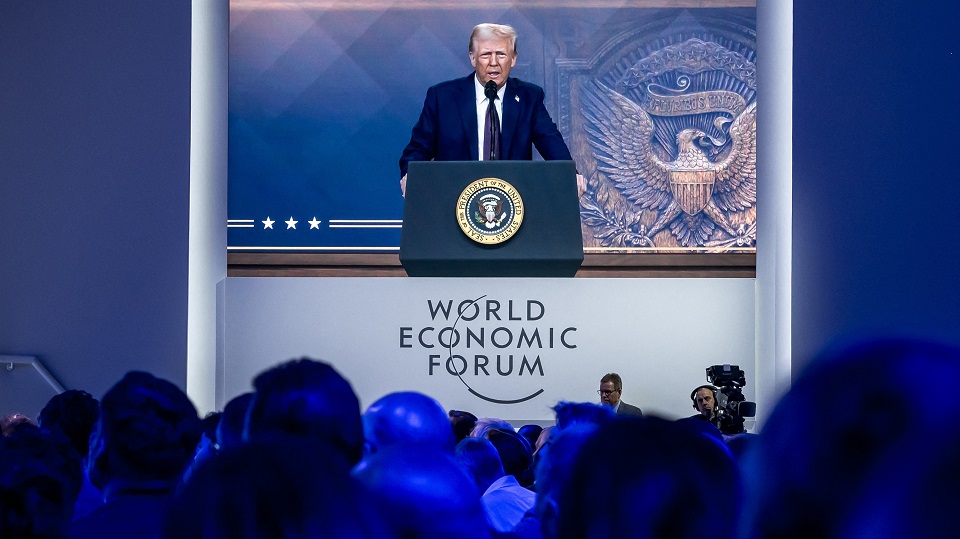O il prices saw a decline on Monday following U.S. President Donald Trump’s call for the Organisation of the Petroleum Exporting Countries (OPEC) to reduce oil prices. This came after Trump’s announcement of measures aimed at boosting U.S. oil and gas production during his first week in office. Brent crude futures fell 53 cents, or 0.68%, to $77.97 a barrel by 0430 GMT, while U.S. West Texas Intermediate (WTI) crude dropped 50 cents, or 0.67%, to $74.16 a barrel.
On Friday, Trump urged OPEC to lower oil prices, hoping to weaken Russia’s finances and accelerate the end of the war in Ukraine. “One way to stop it quickly is for OPEC to stop making so much money and drop the price of oil… That war will stop right away,” Trump said, adding that he would consider sanctions, tariffs, and taxes against Russia and other nations if a resolution isn't reached soon.
In response, Russian President Vladimir Putin suggested a meeting with Trump to discuss the ongoing war in Ukraine and energy prices. John Driscoll of JTD Energy noted that the situation is leading to increased volatility in the oil markets. “They are positioning for negotiations,” Driscoll stated. He also highlighted that Trump’s push to increase U.S. oil output could put the U.S. in direct competition with OPEC.
Despite Trump’s call, OPEC and its allies, including Russia, have not made any public response. OPEC+ members are sticking to their plan to boost oil production starting in April. Last week, both Brent and WTI experienced their first weekly decline in five weeks, as concerns over Russian oil supply disruptions eased due to sanctions.
Analysts at Goldman Sachs do not foresee a major impact on Russian oil production. They pointed out that higher freight rates have led non-sanctioned ships to transport Russian oil, and the discounts on Russia’s ESPO crude grade have attracted price-sensitive buyers. “As the ultimate goal of sanctions is to reduce Russian oil revenues, we assume that Western policymakers will prioritise maximising discounts on Russian barrels over reducing Russian volumes,” they stated.
On the other hand, JP Morgan analysts argue that some risk premium remains. They noted that nearly 20% of the global Aframax fleet is currently under sanctions, and they believe that energy sanctions on Russia could still swing either way in future negotiations. “A zero risk premium is not appropriate,” they said.
Separately, the U.S. reversed plans to impose sanctions and tariffs on Colombia after the country agreed to accept deported migrants from the U.S. The White House announced this decision late on Sunday, avoiding potential disruption to oil supplies. Colombia had sent approximately 41% of its seaborne crude exports to the U.S. last year, according to data from Kpler.
In conclusion, oil prices are facing downward pressure due to Trump’s comments about tariffs, ongoing geopolitical tensions, and shifting market dynamics. Analysts are divided on the long-term impact of sanctions and policy changes on global oil supply and pricing.








0 Comments